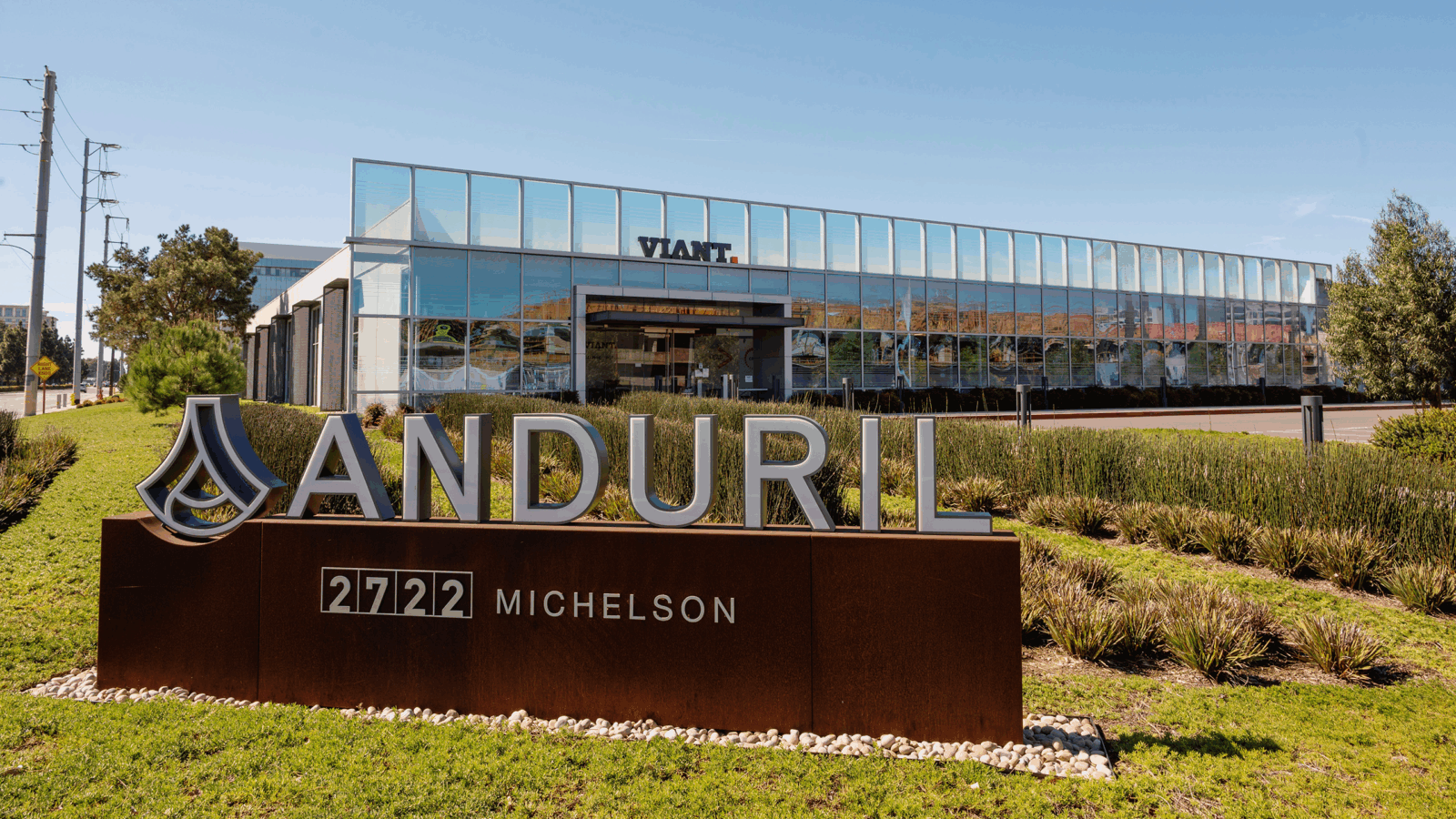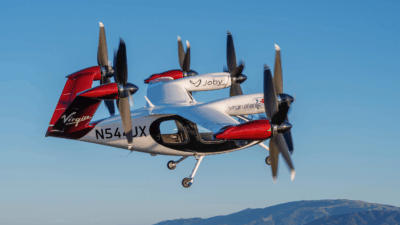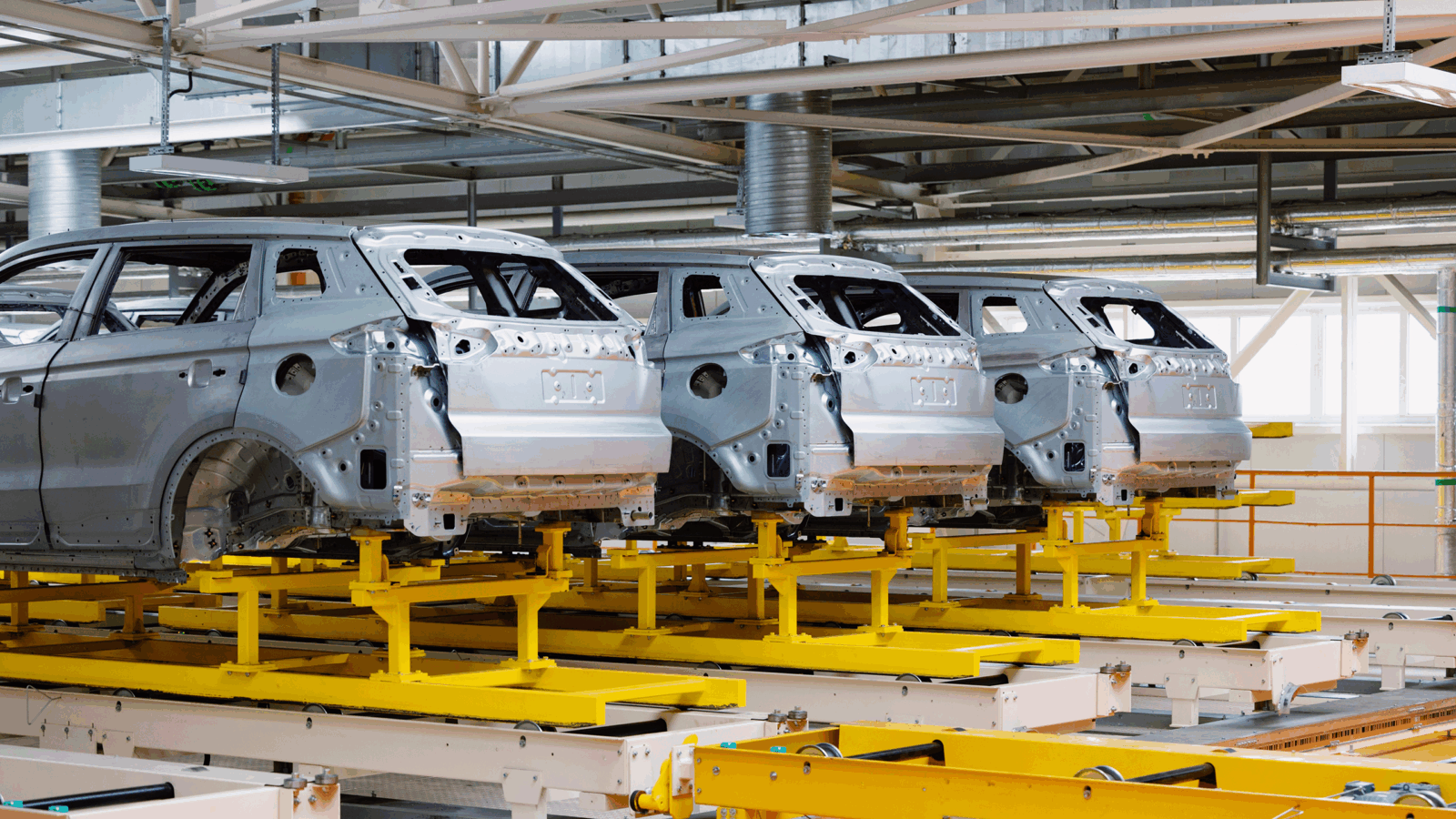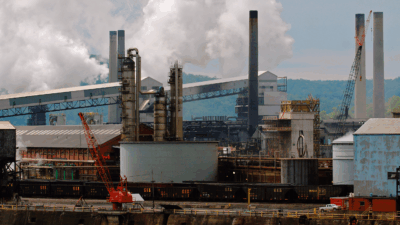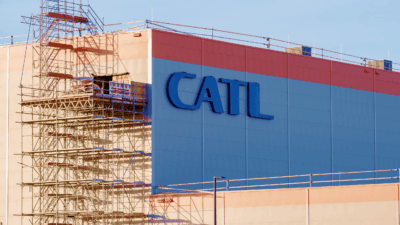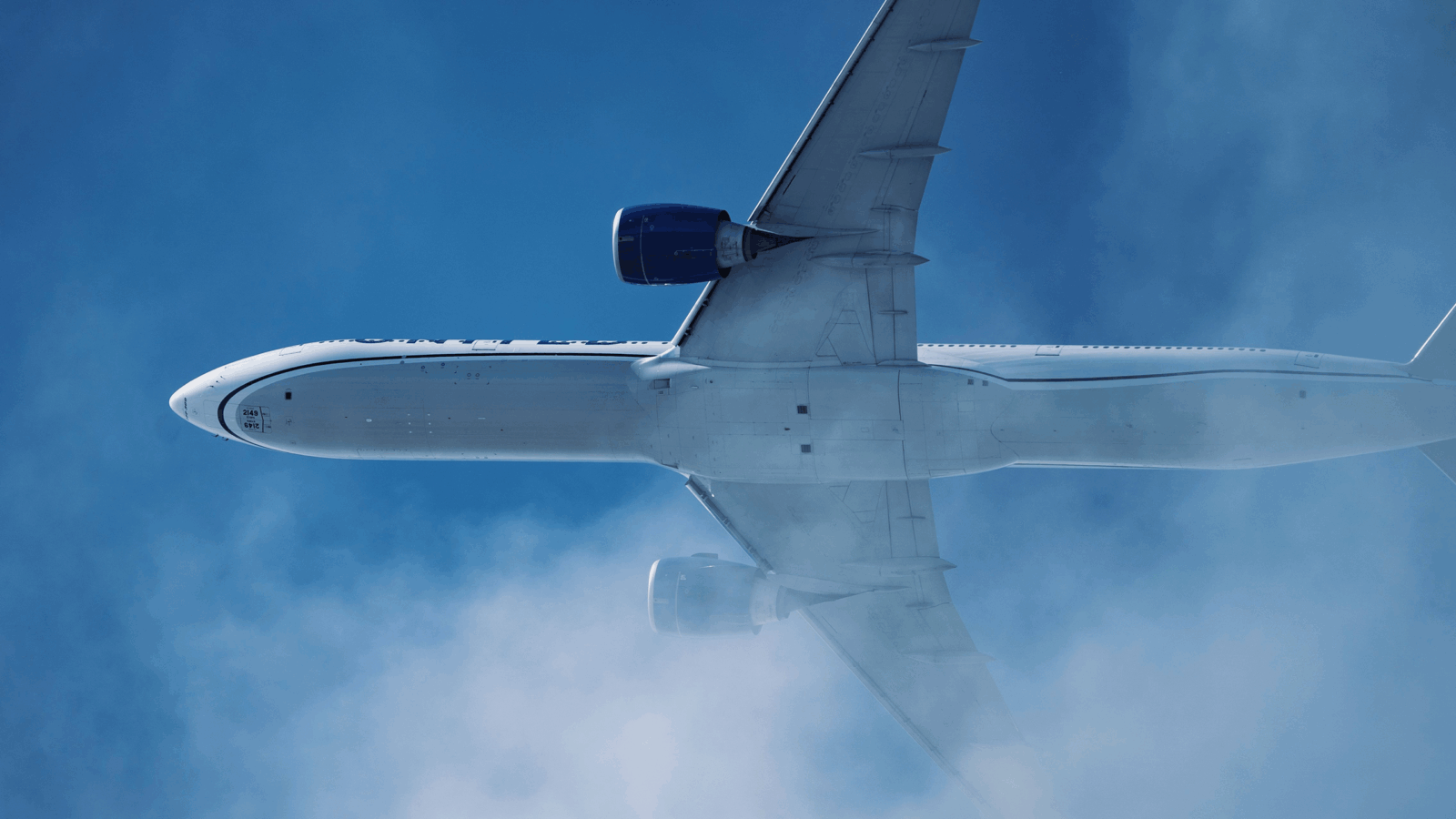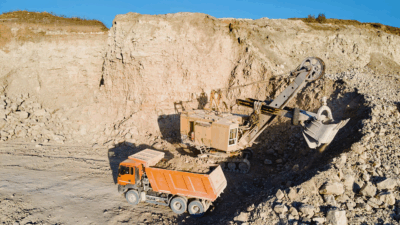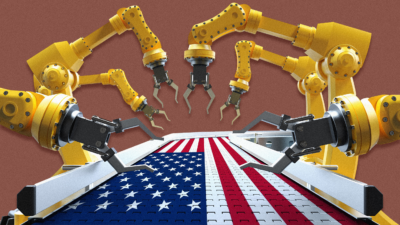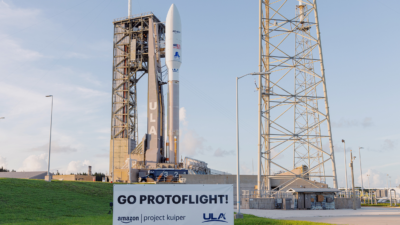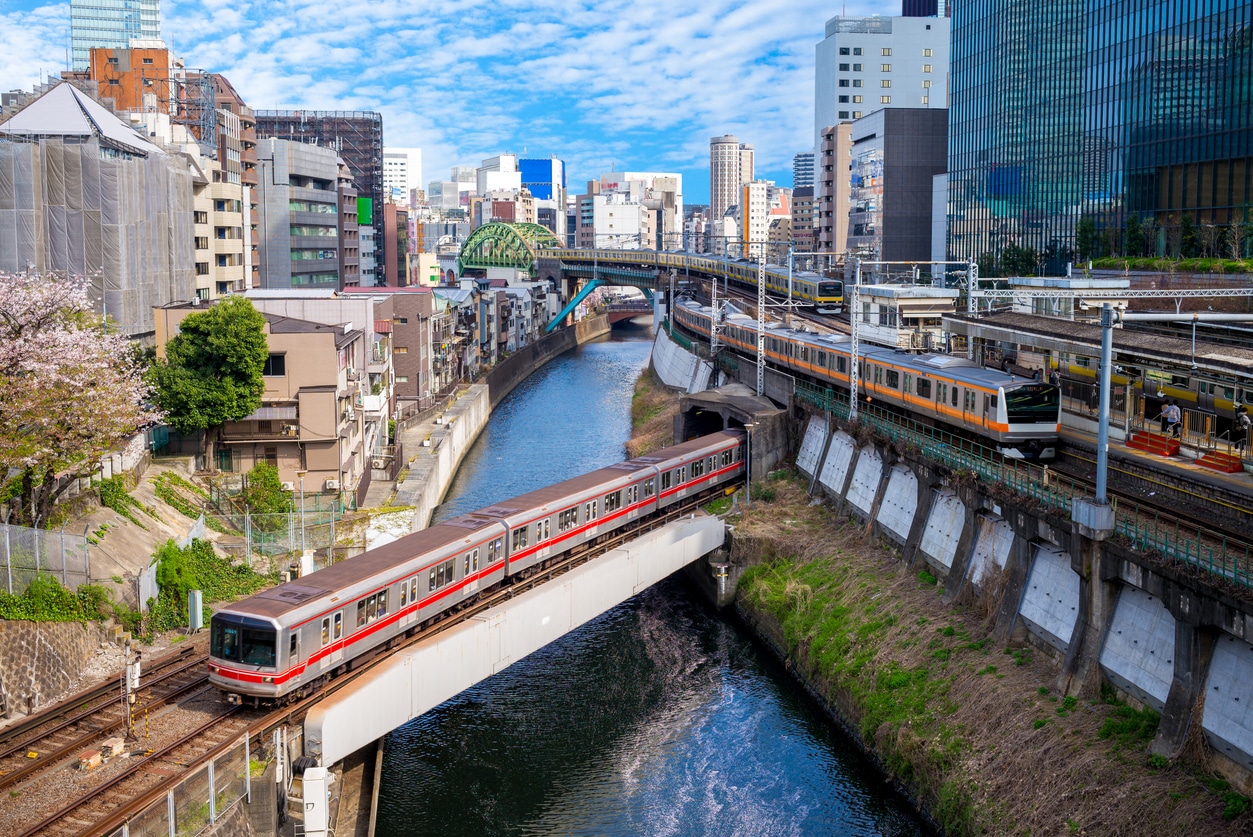
Sign up for smart news, insights, and analysis on the biggest financial stories of the day.
If you asked a New Yorker to invest in the New York City Transit Authority, they might recoil in horror at the idea…particularly if they’ve swiped their MetroCard recently.
In Tokyo, however, retail investors were giddy Thursday when Japan’s Transport Ministry gave the capital city’s subway system the thumbs up to list on public markets, clearing a path for one of the largest privatizations in the country’s history.
Trains For Traders
Japan’s government has historically earmarked key assets for privatization when in a pinch for resources. The subway was allocated for sale to pay down debt sold after the region’s 2011 earthquake and tsunami, and legislation is now in place requiring the government to sell shares of Tokyo Metro by March 2028.
The second-busiest subway system in the world, Tokyo Metro averages 7.6 million daily riders and is under shared ownership between the national government (53%) and Tokyo’s metro government (47%). During the IPO process, each of the two will sell half its stake, a prospect that has savvy traders salivating:
- While Tokyo Metro posted a $482 million net loss in the recent fiscal year due to the pandemic, it’s historically been a highly lucrative system, pulling in a net profit of $463 million on sales of $3.9 billion in 2019.
- A public listing could value the subway at more than $9.1 billion, still a fraction of Japan Post ($34 billion) and Japan Tobacco ($36 billion), the nation’s two largest publicly traded government spinoffs.
While an IPO can technically be delayed until the 2028 deadline, the Transport Ministry recommended shares be listed as soon as possible, and the national and metro governments agreed. “Based on the recommendations, we’ll make preparations to sell Tokyo Metro shares,” said Tokyo Governor Yuriko Koike.
Not the Best Track Record: While there’s optimism surrounding the deal, another formerly state-run system called Kyushu Railway, which runs intercity rail service on Japan’s third-largest island, is currently trading 18% below its 2016 IPO price.
